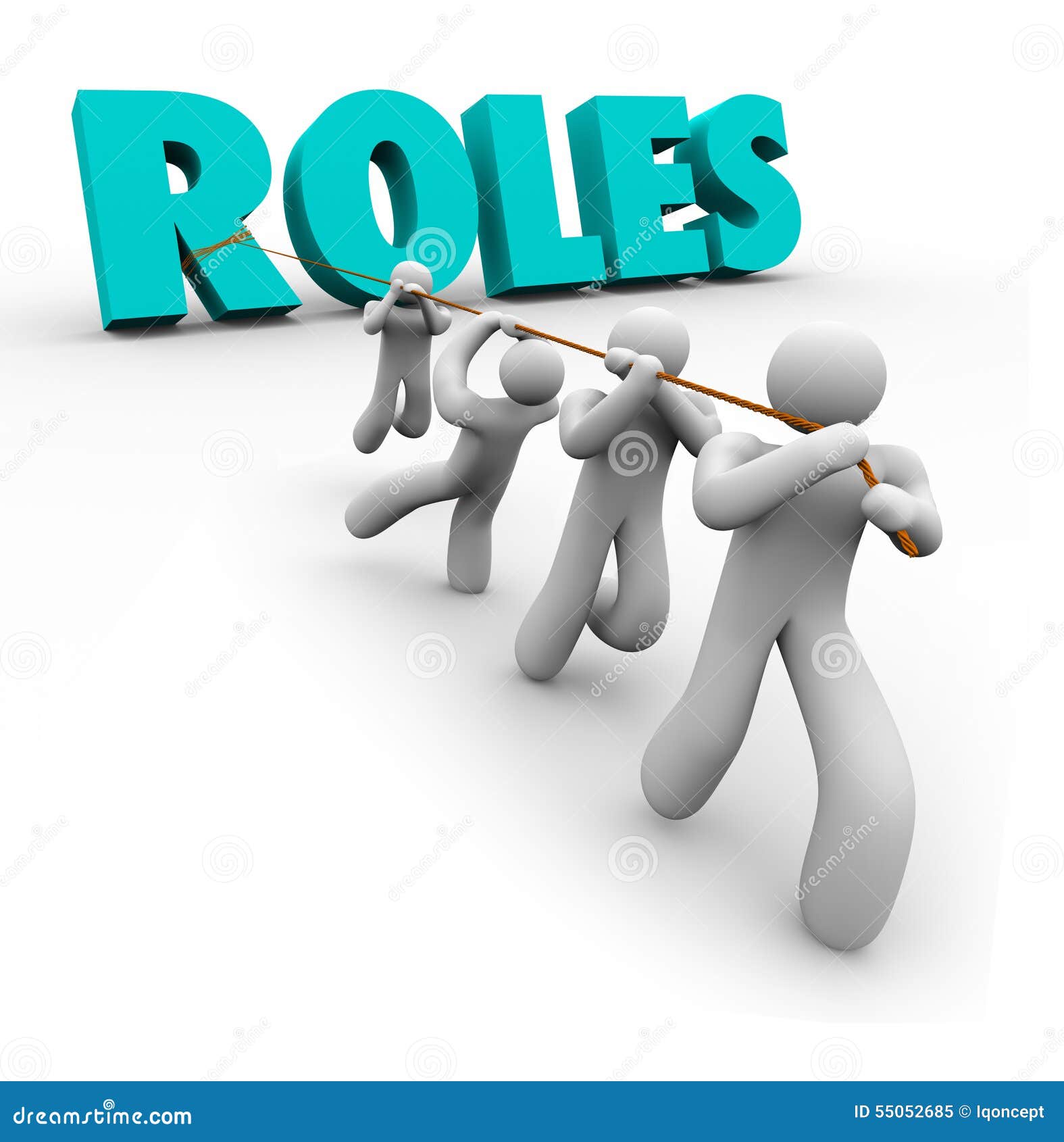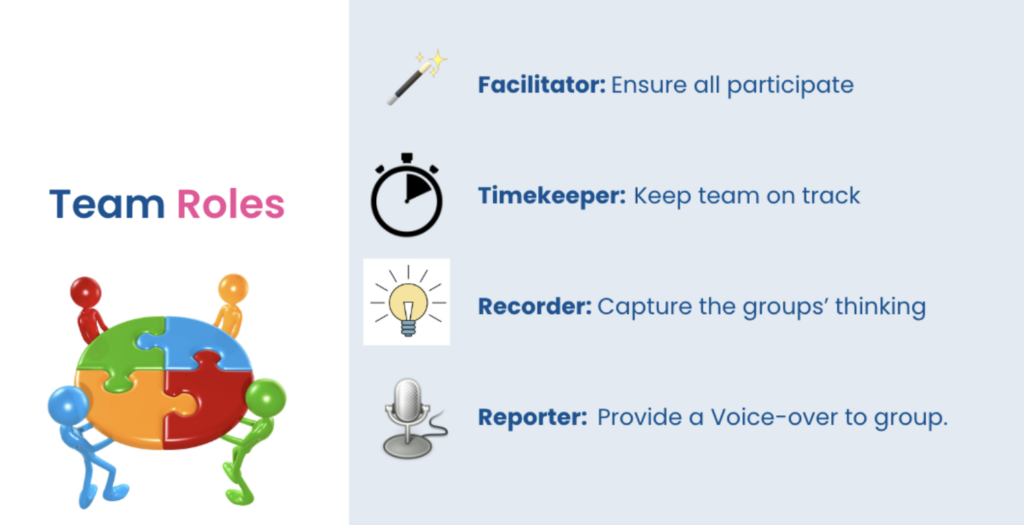Understanding "Role": Meaning, Usage & Examples | A Comprehensive Guide
What exactly is a role, and how does it shape our lives, both individually and collectively? The concept of "role" is fundamental to understanding human behavior, social dynamics, and even the intricacies of our own identities.
The word "role" itself can be understood in several ways. At its core, a role signifies a character assigned or assumed, a function or position, or the purpose that someone or something has in a situation, organization, or society. It's the part we play in the grand theater of life, the script we (consciously or unconsciously) follow. This could range from the lead in a theatrical performance to the everyday interactions with the roles we inhabit within our families, workplaces, and communities. The concept of a role allows us to identify and define the boundaries of our actions.
Throughout history, the importance of a role has been documented. For instance, his role on the campaign is portrayed in the documentary film The War Room (1993). This illustrates how an individual's actions can be solidified in a public sphere and how one individual can influence events.
| Category | Details |
|---|---|
| Name | [Insert Name of Person/Character, if Applicable] |
| Known For | [Insert Notable Roles/Achievements, e.g., Gemini Award nomination for "Roommates," etc.] |
| Professional Background | [Detail relevant career information, e.g., Acting, Project Management, etc.] |
| Key Projects/Work | [List Significant Works, e.g., Films, TV Shows, Campaigns] |
| Skills/Expertise | [List Skills relevant to their roles] |
| Responsibilities | [Describe responsibilities of the role] |
| Impact | [Explain the impact of the role or person] |
| Reference | Learn More |
However, it's important to acknowledge that shared environmental influences play a role in personality, and these are not always of less importance than genetic factors. These roles are often assigned through family dynamics, cultural expectations, and societal norms. Consider the concept of role reversal: the father staying home with the children while the mother works. It's a dynamic shift in expectations, highlighting the flexible nature of roles.
The phrase "play a part" or "play a role" emphasizes active involvement. It signifies being involved in a situation and having an effect. Teachers, for example, play a role in helping us learn in school. Music, too, plays a role in making us happy. Even microorganisms play a role in cardiovascular disease, demonstrating how vast and varied the application of roles can be.
In project management, roles become very defined. The Raci matrix is used, with roles being described as: Responsible, Accountable, Consulted, and Informed. The RACI matrix or chart is a powerful tool that clarifies the specific roles that people will play in successful project delivery. Job titles play a significant role in career progression, impacting employee motivation and professional identity. The importance of defined roles can be seen in a project environment where the clarity of duties minimizes any overlap.
In relationships, roles are important, such as complementing each other's strengths and interests. A balance must be maintained. Roles can provide structure, but holding onto them too tightly can make a relationship feel less like a democracy. Each role has its unique focus: leading and setting the vision, managing project details, or fostering team unity. They help define how work gets done and ensure that each member plays to their strengths. Project team roles, for example, can encompass project managers, developers, designers, and business analysts; these all have defined skill sets to contribute to the project's goal.
The concept of a "role" also permeates our understanding of storytelling. Character roles refer to the part that one plays in the story. The protagonist is central to a story. The function of the story is to move the narrative forward. There are many phrases that emphasize a role. These could be, "contribute to," or "have a hand in," and they all convey an active, involved participation.
In a remote or hybrid team environment, the concept of roles and responsibilities becomes even more critical. Roles are a person's place on a team, while responsibilities are the specific duties and tasks assigned. Clear expectations and structure can also boost productivity and morale.
The legal system also showcases distinct roles. In a criminal case, the government brings a suit against someone. The government's attorney, a prosecutor, is a crucial role. The distinction between a role and responsibilities is clear: roles define a person's position, while responsibilities are the specific tasks and duties attached to that role.
The use of roles can be a double-edged sword. Role conflict often leads to stress when people have to prioritize certain roles over others. Role strain occurs when the demands of a single role become overwhelming or contradictory. For example, a teacher is expected to be a disciplinarian, but also a compassionate mentor. The expectations become demanding, and the person may not be able to meet those challenges. One must realize that it's okay to switch the roles; it's important to find what is comfortable.
The language around roles also provides a fascinating lens. The term "role" has supplanted the earlier spelling, rle, in modern usage, even if the older spelling is still around for discussions of usage. Once the role is advertised, the focus shifts to attracting the right candidate.
The evolution of these words, role and rle, reflects the dynamic nature of language itself, constantly adapting to the evolving needs and nuances of those who use it.
Therefore, understanding roles, in all their varied forms, is vital. They provide structure, clarity, and a framework for understanding and interacting with the world around us.


